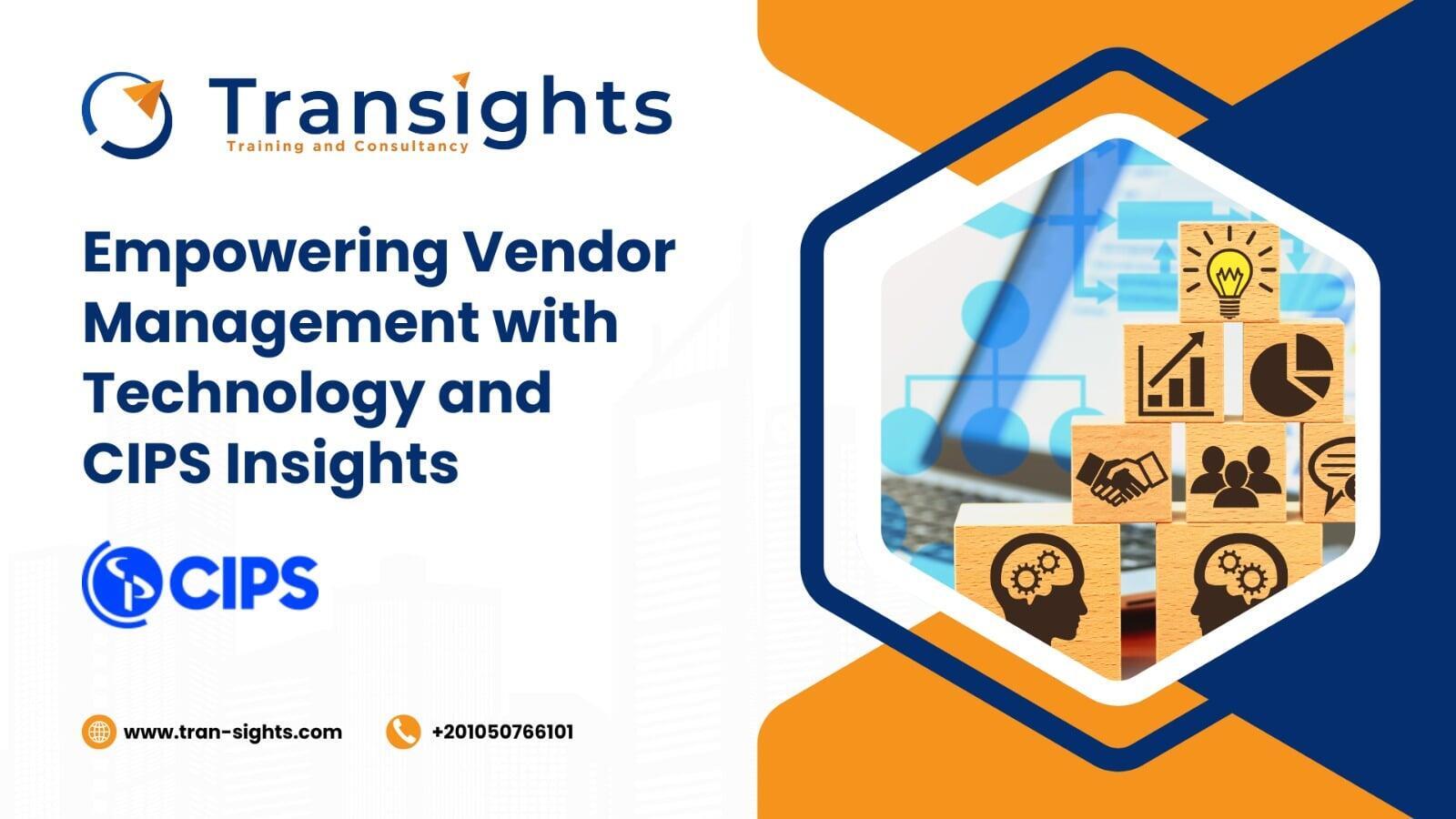
In today’s fast-paced business environment, effective vendor management is a critical component for ensuring smooth operations, reducing costs, and maintaining quality standards. Leveraging technology and CIPS (Chartered Institute of Procurement & Supply) insights can significantly enhance how organizations manage their vendor relationships and supply chains, leading to improved business outcomes.
What is Vendor Management?
Vendor management refers to the process of managing and optimizing relationships with suppliers to ensure the delivery of products or services that meet an organization's needs in terms of quality, cost, and delivery timelines. Effective vendor management ensures that businesses have reliable, cost-effective, and high-quality supplies that support their operations and customer satisfaction.
The Role of Technology in Vendor Management
Technology is reshaping vendor management by enabling organizations to improve efficiency, reduce risks, and enhance decision-making. Key technological tools that are transforming vendor management include:
1. Vendor Management Software (VMS)
VMS systems provide a centralized platform for tracking vendor performance, contracts, and compliance. They automate procurement workflows, making it easier for businesses to manage their vendor base, reducing administrative burdens and allowing procurement teams to focus on more strategic tasks.
2. Data Analytics and Artificial Intelligence (AI)
Data analytics tools help businesses gain insights into vendor performance, costs, and market trends. By analyzing large volumes of data, companies can identify potential risks, monitor vendor compliance, and forecast future demand, leading to more informed decision-making. AI algorithms can also help automate the vendor selection process by evaluating vendor proposals based on predefined criteria.
3. Blockchain Technology
Blockchain is being used to enhance transparency and security in vendor relationships. By recording transactions on a decentralized ledger, organizations can ensure that all interactions with vendors are secure, traceable, and transparent. This technology can also streamline the payment process and reduce fraud risks.
4. Collaboration Tools
Technology-enabled collaboration platforms allow companies to work closely with vendors in real time. By fostering better communication and cooperation, organizations can quickly address any issues that arise and maintain a strong, productive relationship with their suppliers.
The Importance of CIPS Insights in Vendor Management
CIPS is a global organization that provides industry-leading insights and best practices in procurement and supply management. Leveraging CIPS insights can help organizations build a more strategic approach to vendor management. Key benefits of CIPS insights include:
1. Best Practice Guidelines
CIPS provides procurement professionals with the latest best practices, standards, and guidelines. These resources help companies optimize their vendor management processes and ensure they are using the most effective strategies for supplier selection, negotiation, and performance evaluation.
2. Risk Management Frameworks
CIPS offers frameworks for managing risks in vendor relationships, helping businesses identify potential threats such as supply chain disruptions, compliance issues, and financial instability. By using CIPS risk management tools, organizations can take proactive steps to mitigate risks and maintain smooth operations.
3. Supplier Performance Evaluation
CIPS insights also emphasize the importance of measuring and evaluating vendor performance regularly. By tracking key performance indicators (KPIs) such as delivery time, quality, and cost, businesses can make data-driven decisions about which vend…

